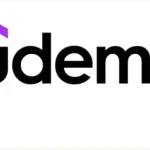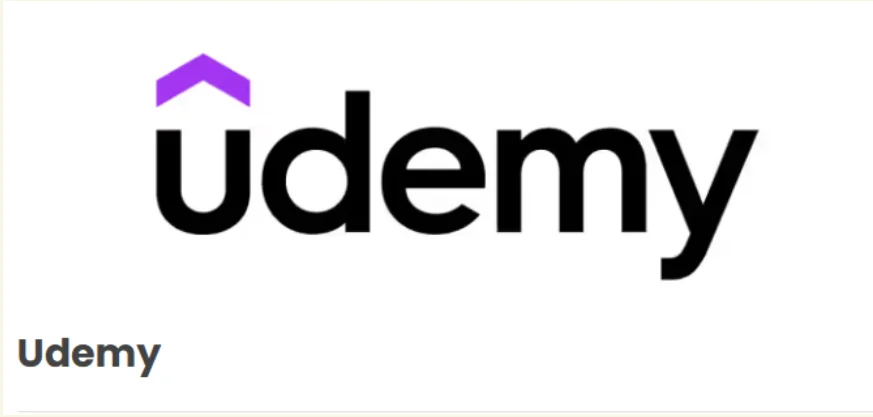The Federal Government of Nigeria has announced plans to invest N12 billion in new digital economy research projects, aimed at boosting innovation, skills, and connectivity across the country.
Minister of Communications, Innovation and Digital Economy, Dr. Bosun Tijani, revealed that the funds will be channeled into three major research clusters, each hosted by six universities, to strengthen Nigeria’s digital development agenda.
“We are putting together about N12 billion to fund further research projects focused on the digital economy,” Tijani said. “We are setting up three research clusters, one focused on artificial intelligence, another on connectivity, and the third on digital skills and literacy.”
Breakdown of Research Clusters
According to Dr. Tijani, the initiative will fund three specialized clusters designed to build local research capacity and align academic work with national digital priorities:
- Artificial Intelligence (AI) Research Cluster:
This group will focus on advancing AI innovation and developing solutions tailored to Nigeria’s unique socioeconomic challenges. - Connectivity Research Cluster:
Aimed at addressing Nigeria’s persistent broadband and infrastructure gaps, this cluster will explore innovative ways to expand internet access and improve network quality nationwide. - Digital Skills and Literacy Cluster:
In response to Nigeria’s youthful population and growing tech adoption, this cluster will focus on building digital competencies to enhance employability and inclusion.
Dr. Tijani emphasized that this initiative builds on earlier efforts following the ICEGOV 2024 conference, where the ministry funded over 55 research projects in digital innovation.
Building Nigeria’s Digital Future
The Director-General of the National Information Technology Development Agency (NITDA), Malam Kashifu Inuwa, added that the investment aligns with the Federal Government’s Knowledge Policy and Digital Literacy Framework.
He announced that the government has concluded plans to integrate digital literacy into Nigeria’s school curriculum starting in 2026, a move expected to prepare future generations for the demands of a digital economy.
“In Africa, we have a very young population; our citizens are digitally native and online,” Inuwa said. “Therefore, governments need to meet them where they are.”
Inuwa further noted that ministries, departments, and agencies (MDAs) are being equipped with digital skills training to ensure public servants can deliver more efficient and tech-driven services.
Strengthening Nigeria’s Knowledge Economy
The N12 billion initiative underscores the government’s commitment to transforming Nigeria into a digitally driven, knowledge-based economy. By linking academic research with policy implementation and industry needs, the program aims to drive innovation, create jobs, and close the country’s digital divide.














